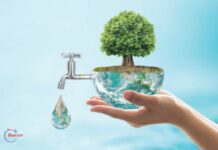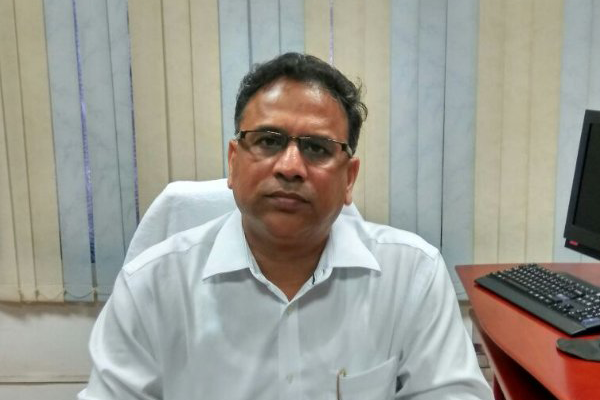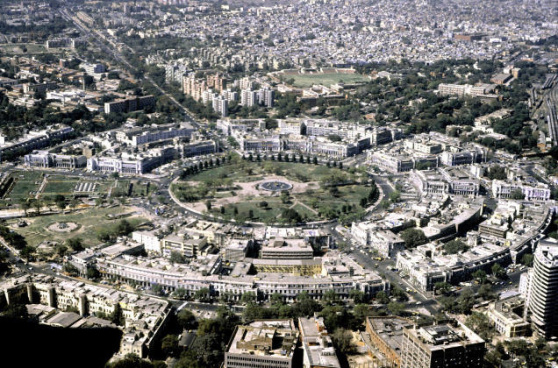
Water scarcity is one of the most significant challenges faced by India. With its ever-increasing population, industrialization, and climate change, the country’s water resources are under immense pressure. According to the United Nations Development Programme (UNDP), India ranks 120th out of 122 countries in the water quality index. More than half of the country’s population lacks access to safe drinking water. The water crisis has severe implications for public health, agriculture, and economic growth. In this article, we will discuss some potential solutions to the water crisis in India.
Rainwater Harvesting
Rainwater harvesting is a time-tested solution to address water scarcity. It involves collecting and storing rainwater in tanks, wells, or underground reservoirs. In rural areas, it can be done through simple and cost-effective techniques like rooftop rainwater harvesting and building check dams. In urban areas, it can be integrated into buildings’ design to collect and store rainwater for various purposes like landscaping, flushing toilets, and washing clothes. Rainwater harvesting can significantly reduce the demand for groundwater and help recharge aquifers.
Watershed Management
Watershed management is a comprehensive approach that involves conserving and managing the entire ecosystem within a watershed. It includes activities like afforestation, soil and water conservation, construction of check dams, and contour trenches. Watershed management can improve water availability and quality by increasing groundwater recharge and reducing soil erosion. It can also enhance the productivity of agricultural lands and provide employment opportunities for rural communities.
Reuse and Recycling
Reusing and recycling water is another effective way to address water scarcity. It involves treating wastewater and reusing it for various non-potable purposes like irrigation, industrial processes, and firefighting. Recycling wastewater can reduce the demand for freshwater and help conserve the available resources. In urban areas, the treated wastewater can be used for landscaping, cooling towers, and other non-drinking purposes. Reusing water can also reduce pollution and promote sustainable development.
Desalination
Desalination is the process of removing salt and other minerals from seawater or brackish water to produce freshwater. It is an expensive and energy-intensive process but can be a viable option for coastal regions with limited freshwater resources. In India, the state of Gujarat has set up a desalination plant to provide drinking water to the arid Kutch region. However, desalination requires a significant investment, and its environmental impact needs to be assessed before implementation.
Groundwater Management
Groundwater is a crucial source of water for agriculture and drinking purposes in India. However, excessive pumping of groundwater has led to the depletion of aquifers and increased salinity. Groundwater management involves regulating the extraction of groundwater and promoting sustainable use. It includes measures like rainwater harvesting, recharge structures, and conjunctive use of surface and groundwater. Groundwater management can also prevent groundwater contamination and promote equitable distribution.
Water Pricing
Water pricing is an economic instrument that can promote the efficient use and conservation of water. It involves charging users for the cost of water supply and sanitation services, including the operation and maintenance of water infrastructure. Water pricing can incentivize users to use water wisely and reduce wastage. It can also generate revenue for maintaining and upgrading water infrastructure. However, water pricing needs to be designed carefully, considering the social and economic context, to avoid negative impacts on vulnerable sections of society.
Also Read | Water resilience in public sector
Conclusion
The water crisis in India is a complex and multi-faceted problem that requires a comprehensive and integrated approach. The solutions discussed above are not exhaustive but can provide a starting point for addressing the water scarcity challenge. Rainwater harvesting, watershed management, reuse and recycling, desalination, groundwater management, and water pricing can complement each other and provide a sustainable and resilient water supply system.





















